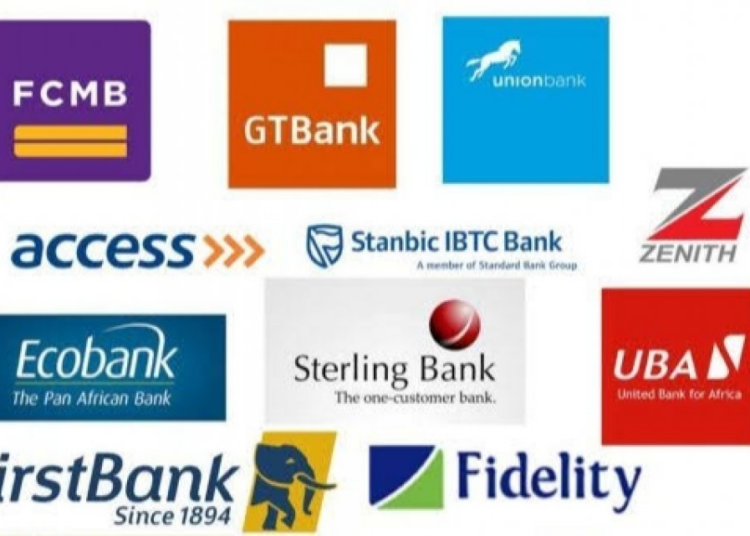In a bid to support the Central Bank of Nigeria’s (CBN) recapitalisation programme towards achieving the targeted objectives, the Securities and Exchange Commission (SEC) has released its Framework on Banking Sector Capitalisation Programme, 2024.
The framework which was released on the Commission’s website yesterday serves as a comprehensive guide for Banks/Holding Companies and market participants to navigate the recapitalisation programme effectively.
The move is driven by the recent directive by the Central Bank of Nigeria for banks to raise additional capital to serve the $1 trillion economy.
In the new CBN capital requirement, international banks are expected to raise their capital base to N500 billion, national banks N200 billion and regional banks N50 billion.
The Commission said the framework would help to ensure that the capital raising process is conducted efficiently, transparently, and in a manner that protects the interests of all stakeholders.
“This is expected to serve as a guide to the Banks/Holding Companies issuers and Capital Market Operators in filing applications for capital raise and/or mergers and acquisitions.
“Other objectives of the framework are to guide in ensuring full disclosure of material facts in compliance with the Investments and Securities Act 2007, Rules and Regulations of the Commission and other relevant laws, to ensure proper and timely review of the transactions,” it stated.
According to the SEC, following prevailing macroeconomic challenges and headwinds occasioned by external and domestic shocks, the Central Bank of Nigeria (CBN) has mandated a recapitalisation programme for banks to strengthen their asset base and support economic growth in line with the federal government’s target of achieving a $1 trillion economy by 2030.
“Capital market has a significant role to play in facilitating the recapitalisation programme as the Banks are expected to leverage the market to raise the needed funds and /or engage in various forms of business combinations.
“As the regulatory institution mandated to regulate and develop the Nigerian capital market, the Securities and Exchange Commission (SEC), has the responsibility to ensure a smooth, transparent, and efficient capital raise process by the banks.
“This framework outlines the guidelines and procedures banks are required to follow to raise capital through rights issuance, private placements, or other approved methods during the 2024-2026 recapitalisation period.”
The Commission also stated that where deficiencies are communicated, the timeline resets and in the absence of any deficiency, approval will be granted and communicated.
“Where an application is returned for being incomplete, a penalty of N1,000,000 and re-filing fee of N100,000 shall apply. This fee is payable by the Issuing House without a recourse to the Issuer or the Issue proceeds,” SEC said.





